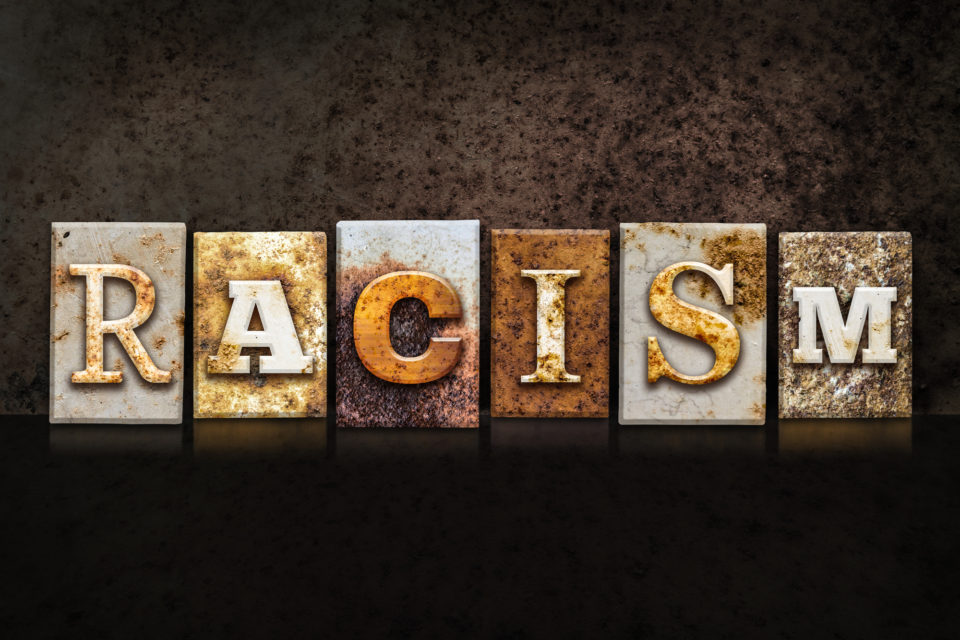I literally could not believe the words. These were my friends. Good friends. Not racist people… Or, so I thought.
“I’m not racist, but I don’t really want to rent my home to Hispanics.”
How could they say this? The older man that said this is African American and knows first-hand what discrimination feels like. In my mind, he is a hero that lived through one of the toughest and darkest times in our country’s history and prevailed to be a successful black businessman against all odds. I had always thought of him as a great warrior in the fight against racism. His words couldn’t be true.
At this point, I wish I could tell you that I had the courage to stand up against the racism. That is not true. I am embarrassed to say that I sat there in shock and did not say a word.
In a recent study conducted at Brigham Young University, Howard J. Ross, the lead researcher, renowned author of Everyday Bias, and an economics professor at BYU said, “Human beings are consistently, routinely and profoundly biased.” He went on to say, “This is one of the most insidious things about bias. People may absorb these things without knowing them.”
These are profound words. We likely do not realize our own biases. However, we police ourselves and ignorantly walk around assuming that we are not biased or racist. These biases are moral blind spots and are a reality whether or not we acknowledge them. Unless we confront this ugly truth, we will never make progress.
OK, what does this have to do with vacation rentals? Our biases as individual people groups and a collective industry are resulting in discrimination (intentional and unintentional) against people that are different than ourselves.
Wil Reynolds, a friend of mine and successful businessman, is African American. Our company has been a client of his digital advertising agency. I can personally attest that Wil’s character and integrity are impeccable – even when it was not easy. I know this man and can confidently tell you that he and his family are ideal renters.
Wil recently wrote an article about how he was discriminated against while trying to book an airbnb. The headline of his post grabbed my attention and sums up a huge issue we are facing as an industry:
No matter how much success you have you’re still a scary black man to some people.
If you work in the vacation rental industry, do yourself a favor and read the article. This stuff is real and not three degrees of separation removed. One degree. It happened to someone I know and respect. The host literally agreed to rent to Wil’s wife (she’s white) and not to him.
I believe the situations above, which are more common than you may realize, highlight the need for automatic bookings and approval in the vacation rental industry. However, many property managers are vehemently opposed to this idea.
These property owners and managers believe that without the manual ‘vetting’ and approving of guests, that they will lose control of their units. Due to what they believe is an impeccable ability to sniff out a ‘problem guest,’ they cannot stand the idea of a review system or machine learning model qualifying the guest.
There is a major flaw with this theory. That gut feeling we get when we evaluate a guest – is it accurate? Is it based on our bias? More importantly, is it even possible to know?
In employment law, there is a legal doctrine known as Disparate Impact Discrimination. The basic idea is that discrimination can unintentionally occur. A policy that at face-value appears to be neutral can accidentally discriminate against a protected people class.
For example, if your company uses a certain test to qualify applicants and minority applicants are disproportionately impacted, that is Disparate Impact Discrimination. The court system will not care that the intent of the test was to qualify applicants. Instead, it will focus on the unintentional discrimination.
What in the world does Disparate Impact Discrimination have to do with vacation rentals?
Simple. Some of us still choose to manually approve each guest after ‘vetting’ or ‘qualifying’ the guest. When we do this, we may unintentionally discriminate against a guest. I am not a lawyer, but I do believe racism (including unintentional) will prove to be a legal and PR issue for our industry in the near term.
We must put our heads together and ensure that both unintentional and intentional racism and discrimination are fiercely opposed within our industry.

